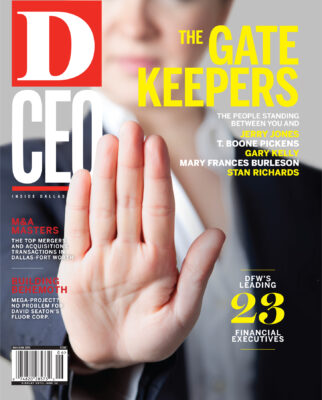Dallas-Fort Worth’s top financial executives for 2015 demonstrate a unique ability to switch seamlessly from vocal cheerleaders for their companies to humble, behind-the-scenes workers willing to put in tireless hours to get the job done.
One common trait that makes them successful is their readiness to help build their companies up, then take them to the next level—accepting anything that comes their way as a challenge, rather than a hurdle. And none of the execs are afraid to plunge in when the waters get choppy. “I’m rolling up my sleeves more for sure,” says Laura Wright, CFO of the Southwest Transplant Alliance. “But, I am happy to do it.
To select the outstanding individuals for this year’s awards, D CEO and our partners in this annual program—the Dallas CPA Society, Financial Executives International, and the Association for Corporate Growth—were aided by a panel of industry experts.
This year’s judges were: Art Agulnek, independent accounting professional and senior lecturer at the University of Texas at Dallas; Thomas Hook, executive vice president of Lockton Cos. LLC; Terri Hornberger of Terri Moss Hornberger CPA; Ken Judd, CFO of Keste; Larry King, partner at BKD LLP; and Nicole Phelan, CFO of Imprimis. We thank them for their time and dedication.
Outstanding CFO, Large Public Company
Jodi Taylor
The Container Store
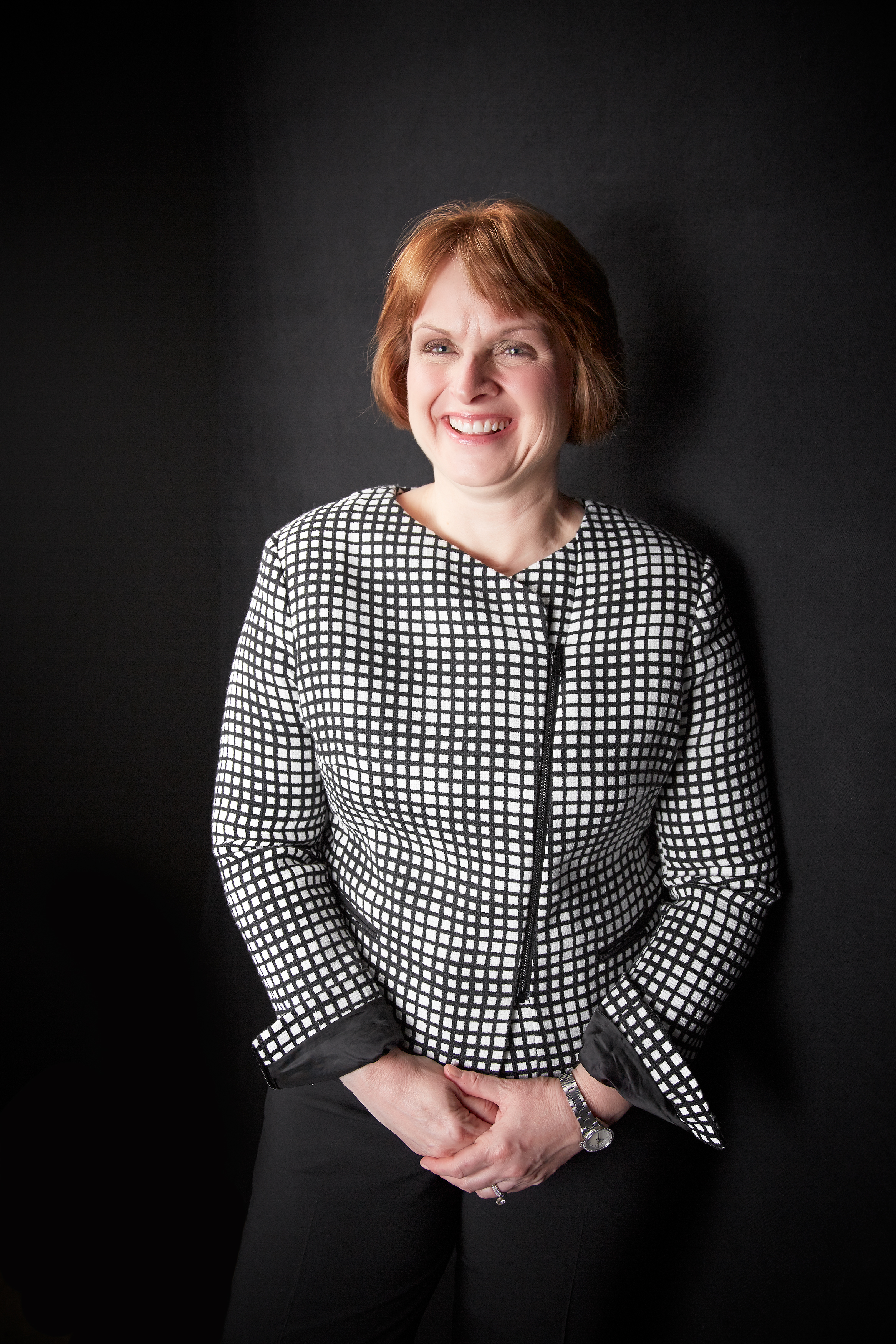
For Chief Financial Officer Jodi Taylor, taking The Container Store Group Inc. through a $258 million initial public offering at the end of 2013 was the easy part. Operating the Coppell-based retailer, which had been privately held for nearly 36 years, in a way that would please Wall Street—without changing the company’s employee-focused business practices—was going to be a bit tougher.
So far, Taylor is pleased with the balance that The Container Store has been able to strike, whether it involves employee communication or keeping the focus on business and not on gyrations in the company’s stock price.
“We like to share absolutely everything with employees. So, as leaders, we had to learn how to navigate that water based on what and when we were able to communicate,” Taylor says. “And we wanted to make sure that we didn’t move the company in a way that reacted to the ups and downs of the stock price. We didn’t want the business to get distracted.”
In the wake of the “very smooth” IPO process, Taylor says her department has taken to the new financial reporting requirements with ease, and the rest of the company has been just as flexible.
Taylor, who took another company public about 20 years ago and has been able to draw on that experience, concedes that while being publicly traded has impacted The Container Store in some ways, the underlying business practices haven’t changed. “You want to be able to say that it doesn’t affect the leadership, but it does,” she says. “Everyone has new responsibilities that they have to balance. But the most important thing for us is that we are doing the right things internally.”
Finalists:
Keith Cline, La Quinta Inns & Suites
Brian Miller, Tyler Technologies
Outstanding CFO,
Midsize Public Company
Shannon Greene
Tandy Leather Factory
Historically, CFO Shannon Greene spends a lot of her time looking for places to park Tandy Leather Factory Inc.’s excess cash. But last year, Greene found herself in a much different situation.
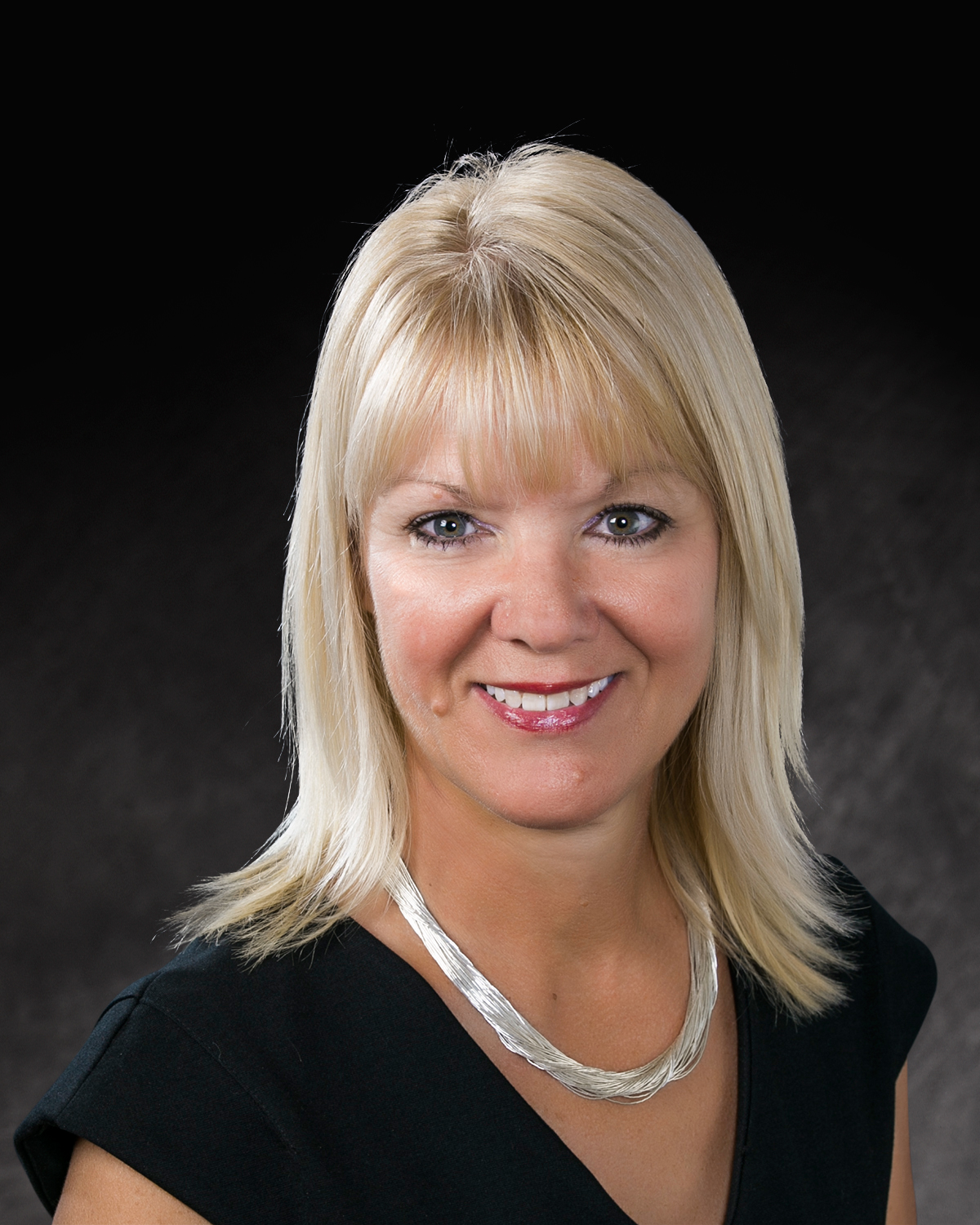
Fort Worth-based Tandy had made a decision early in the year to increase its inventory by 50 percent ahead of the busy fourth quarter. So Greene spent much of the year working with vendors to boost the retailer’s inventory from $26 million to $40 million. The move was met with opposition from some of Tandy’s shareholders, who thought the company had tied up too much cash in the process.
Tandy used most of its $11 million in cash reserves, leveraged a line of credit, and took on some debt to boost its inventory. Coupled with a dividend payout in August totaling about $2 million, Greene found herself trying to manage low cash reserves on a week-to-week basis, a position that was relatively new for her.
“Compared to prior years, when we always had excess cash available, this was a totally different mindset,” says Greene, who joined Tandy in 1997 as assistant controller.
By the latter part of the year, other retailers were struggling with back orders due to problems with container ports in Southern California, but Tandy’s stores were completely stocked, leading to record fourth-quarter sales.
By the beginning of 2015, Tandy’s reserves were replenished, and debt had been repaid. And Greene had learned a valuable lesson with her willingness to be flexible. “There was a lot of juggling, and I found a way to make it work.”
Finalist:
Susan Conner, Daegis
Outstanding CFO, Nonprofit Organization
Laura Wright
Southwest Transplant Alliance
After retiring as the CFO of Southwest Airlines, Laura Wright accepted a two-month consulting position with the Southwest Transplant Alliance, thinking she could help the nonprofit organization navigate the choppy waters of healthcare change.
A year and a half later, Wright is still there, having brought the Alliance into the black after six straight years of losses that were capped by a $2.7 million loss in 2012. Last year, STA saw revenue growth of 16 percent and a 68 percent improvement in its fund balance.
Wright says that when she came on board, the STA was in the center of a “perfect storm” created by the rapidly changing healthcare environment. But she knew there had to be a way to steer out of it.
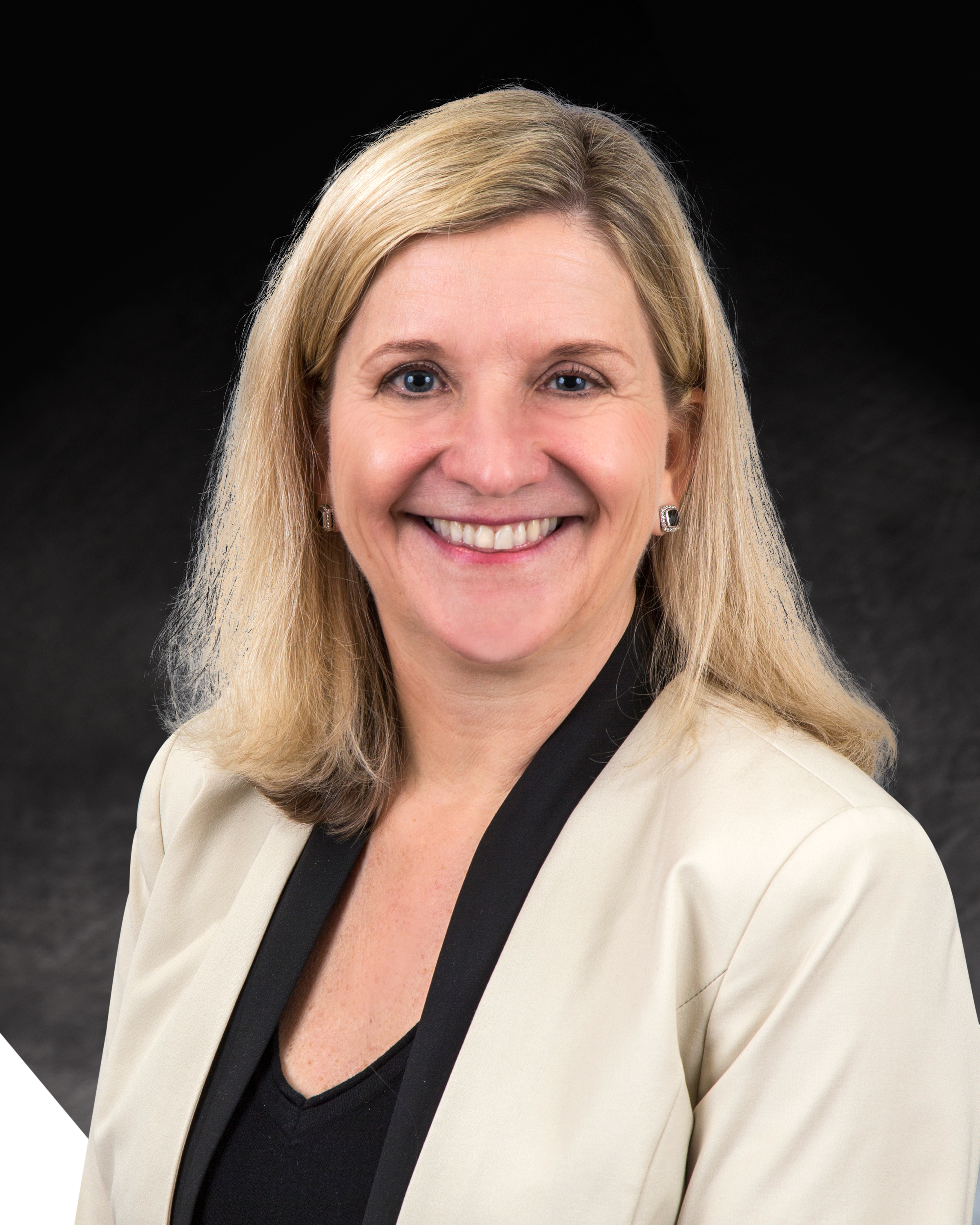
After pinpointing and eliminating inefficiencies, Wright got to work renegotiating contracts to reduce direct expenses, drafting an RFP for air charter service, and reestablishing financial strengths.
Wright says the idea was to run the STA more like a business than a nonprofit. “The first thing I did was conduct some analytics to figure out what had turned the organization red, looking for waste and inefficiency,” she says. “As I spent more time on it, I was determined that we could get there, and I wanted to see it through. The way I see it, whether you are a public company or a private company or nonprofit, you should still look at things the same way.”
Wright, who was personally touched by the organization when her brother ended up needing a heart transplant after she joined the STA, says she is still working on a list of improvement initiatives. And she has learned to be more hands-on than she was at Southwest Airlines, where she had a large support staff. “I’m rolling up my sleeves more for sure,” she says. “But, I am happy to do it.”
Finalist:
Steve Kearney, Presbyterian Communities and Services
Outstanding CFO, Large private
Kendall Helfenbein
Romacorp Inc.
When Romacorp Inc.’s international expansion of the Tony Roma’s restaurant chain started to take off last year, CFO Kendall Helfenbein knew he had a case to make. Helfenbein, who joined Romacorp in mid-2012, approached the board and asked for more than $1 million to fund an investment in increased salaries and additional personnel to support the explosive growth. The board pushed back.
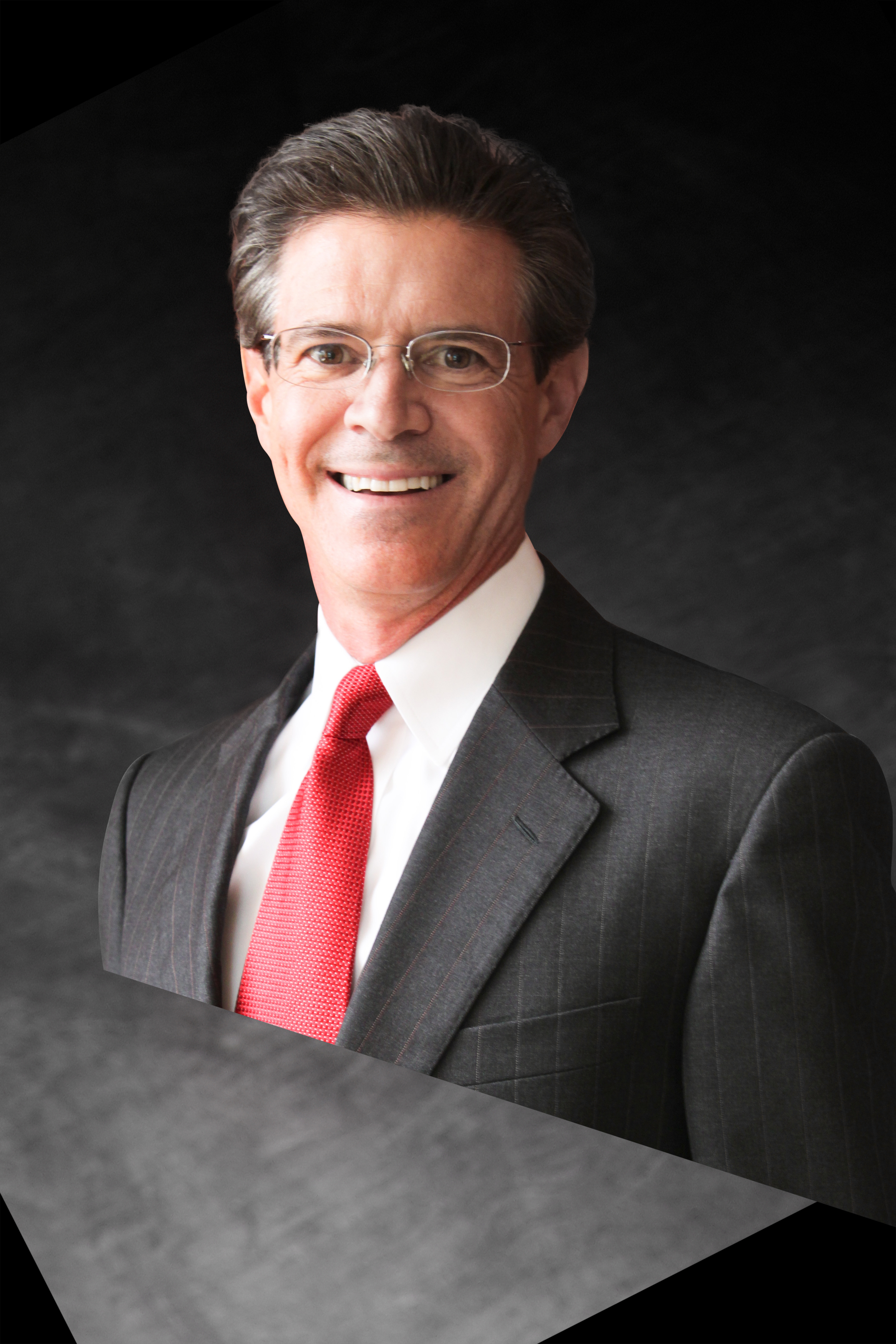
So Helfenbein did what might be expected of any accountant: he created a lot of spreadsheets. “It took a while, but I was able to show them what would happen if we did this, and what would happen if we didn’t,” says Helfenbein, whose company operates four of its own restaurants and oversees 150 franchises.
The approval of $1 million in financial investment led to the development of new support centers, training programs, sourcing, and recipe R&D to cater to different tastes in different countries—and an overall morale boost for employees who were now required to work harder and travel more.
Tony Roma’s is on an expansion tear that has the 500-employee company opening a new restaurant every two weeks—mostly through franchisees. Now active in more than 30 countries, Romacorp is also set to launch two new concepts this year: a casual dining concept called TR Express, and a higher-end concept called TR Fire Grill. The company’s retail business in grocery stores is also expected to quadruple over the next several years.
Against the backdrop of such rapid growth, Helfenbein has managed to expedite the financial reporting process from three months to two weeks and eliminate redundancy and certain control functions that allowed him to transition the accounting department to a service-focused entity.
“It was a very controlled atmosphere before I came,” he says. “My way is to ask the other departments what they want, what they need from us to make them profitable.”
Finalist:
Don Robillard, Hunt consolidated inc.
Brian Wing, Hyla Mobile
Outstanding CFO, Midsize private company
Donna Henry
ReelFX
As Reel FX has transitioned from strictly a provider of animation services to major studios into a full-fledged film development and production company, Donna Henry has had to usher in a second act, essentially re-learning her job.
In 2013 and 2014, Dallas-based Reel FX released its first two feature films, Free Birds and The Book of Life.
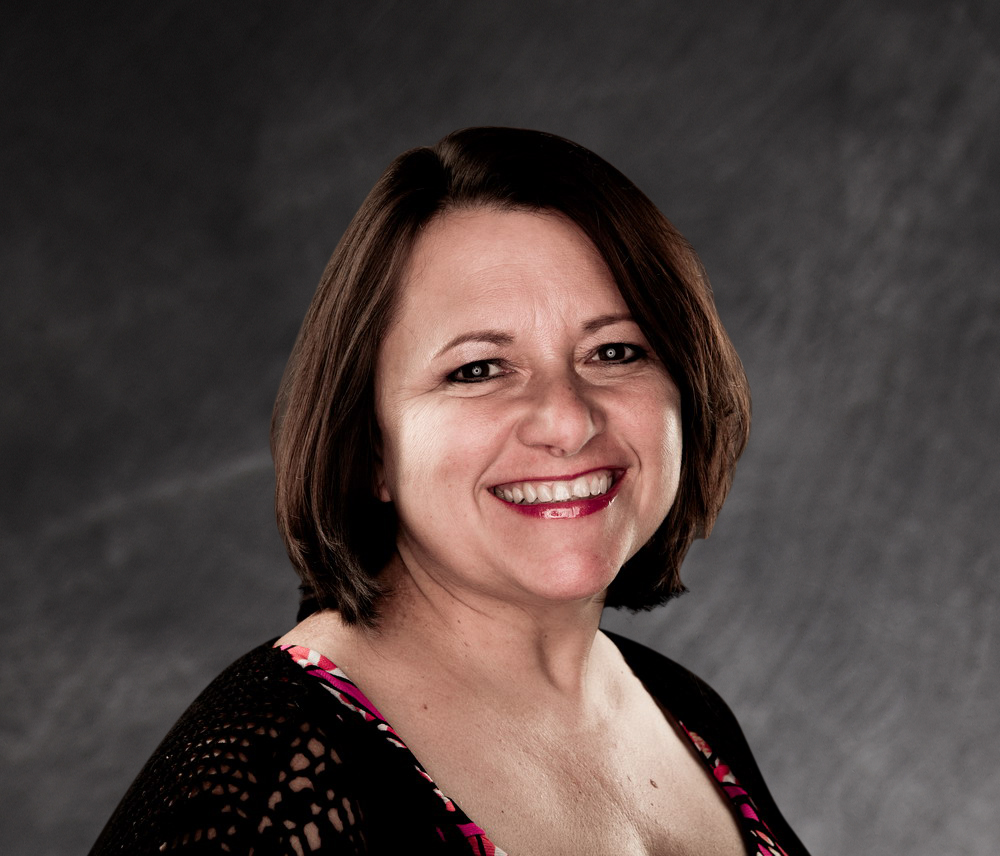
And now that Reel FX has some of its own skin in the film game, the company’s CFO has had to add “Hollywood accounting” to her résumé. “Hollywood accounting” is the accounting between parties with a financial interest in a film, which can include distributors, producers, financiers, directors, writers, and cast. The first cycle of revenue can span between seven and 10 years.
“It’s a very long revenue cycle, and there are multiple parties involved in every cycle,” Henry says. “The accounting is extremely different. I had to do a lot of research and talk to a lot of people. You just have to immerse yourself in how Hollywood accounts for certain things. I read—a lot.”
The CFO, who came to Reel FX with a background in the video game industry, managed production oversight for Free Birds and The Book of Life, which each had budgets ranging from $50 million to $60 million. The release of the films helped Reel FX more than double its revenue and took the company, founded in 1993, into profitability.
As part of the expansion of Reel FX’s animation division into new territory, Henry also helped establish the Reel FX Film Fund, which was set up to finance a host of films and included an equity raise and senior debt financing.
Finalist:
Greg Nystrom, Illes Seasonings & Flavors
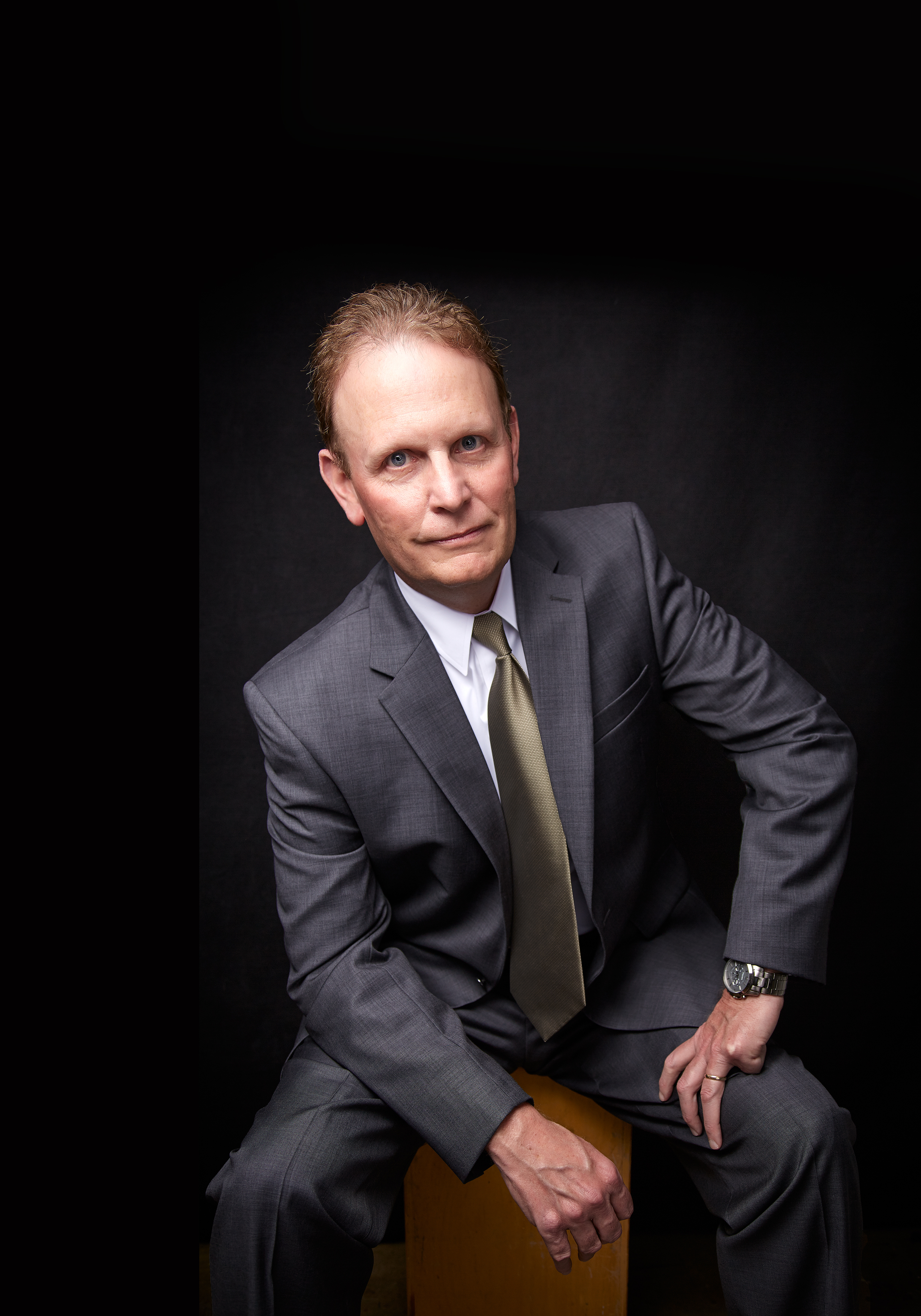
most innovative finance team, public company
Paul Stephens
AT&T
For Telecommunications giant AT&T, cash is king. And it’s part of Paul Stephens’ job to develop ways to free it up.
Stephens, AT&T’s senior vice president and controller, says the company has made $80 billion in capital expenditures in the last four years. And during the same period, AT&T has had $67 billion of value returned to shareholders through dividends and share buybacks.
In order to supplement the $30 billion in cash that AT&T has generated from operations each year from 2008 to 2013, Stephens has taken unique approaches to pension funding, asset sales, and working capital. Last year, for example, Stephens’ group partnered with the treasury and legal groups to secure approval from the Department of Labor for the contribution of a preferred equity interest in the company’s wireless business into the pension fund. That resulted in a $9 billion contribution. When the transaction was completed, AT&T’s pension became 100-percent funded.
Meanwhile, Stephens spearheaded a plan enabling AT&T to monetize some non-strategic assets by divesting its wireline operations in Connecticut (a market that was considered remote based on AT&T’s geographic footprint), its equity stake in Mexico-based América Móvil, and the sale of its directory and advertising unit
Between 2012 and 2014, AT&T generated $15 billion from asset sales and invested in new areas of business through other acquisitions.
Stephens was also instrumental in restructuring AT&T’s accounts payable methods, a move that generated improvements of $4.5 billion in accounts payable and cash flow over the last three years by inserting banks into the process. “We need to always be looking for ways to support the cash from operations and find innovative ways not to use cash to fund cash commitments,” he says.
most innovative finance team, private company or nonprofit
Brian Swinford
Hunt Consolidated Inc.
As Brian Swinford worked on the raise of private-placement financing for Hunt Oil Co. early last year, he and his team began hearing rumblings that oil prices might begin to drop. Little did they know that prices would plummet, causing the energy-funding door to close swiftly in November, just as they finalized the oversubscribed $555 million raise from institutional investors.
The deal, the largest private placement debt offering in the company’s history, will be used to refinance an acquisition and other debt, and add cash to Hunt’s balance sheet.
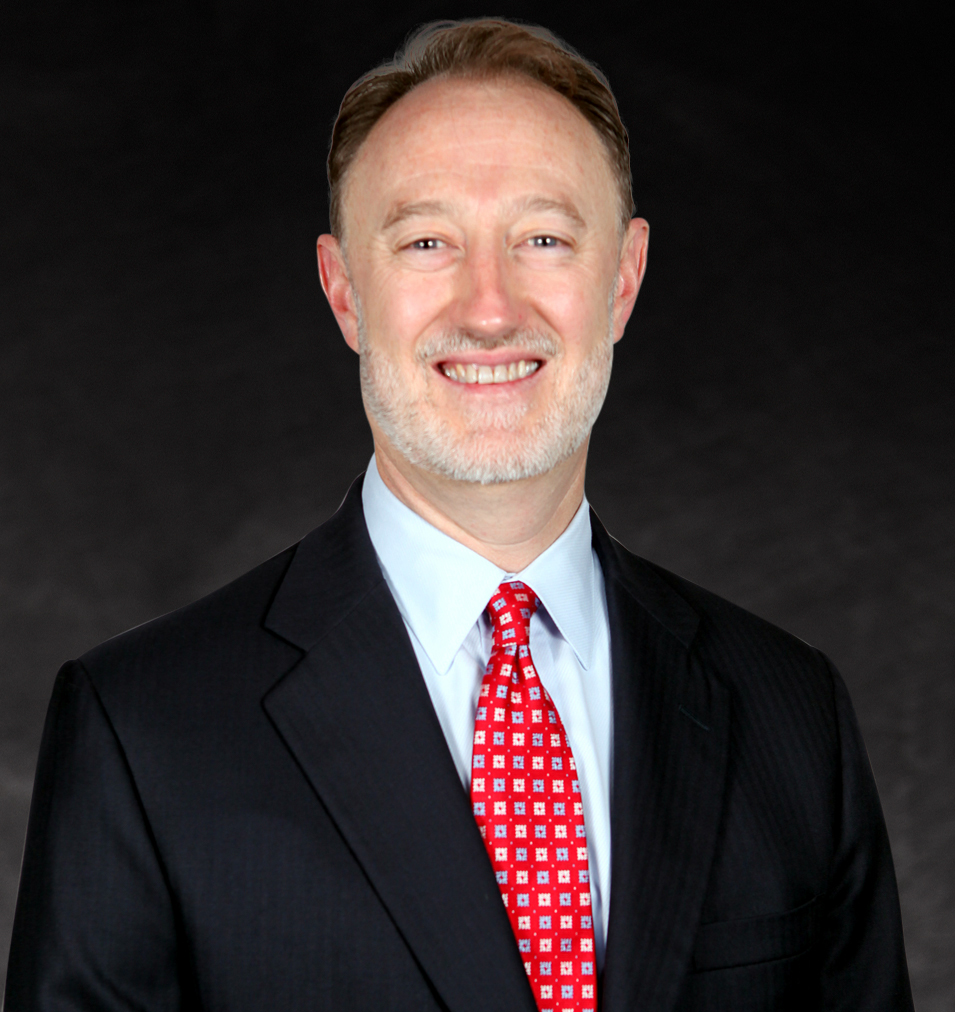
Swinford, who serves as senior vice president of finance for Dallas-based Hunt Consolidated, says he not only feels smart about the timing, but lucky. “Getting this deal done ahead of the decline in oil prices, looking back, we just looked brilliant,” he says. “We had a lot of questions about whether it was the right time to do it and what amount we should do.”
Swinford says Hunt originally considered doing separate raises over the next three years. But he—and the internal, multidisciplinary task force he assembled—decided that one big raise made more sense.
“It really came down to a judgment call,” says Swinford, who joined Hunt in 2002 and has worked on other high-profile deals including arranging financing for a Peruvian LNG project during the 2008/2009 financial crisis. “There were a lot of different options, and all of them were perfectly acceptable,” he says. “Sometimes you make a call, and it’s the right call, and you feel really good.”
Finalist:
Ron Long, Texas Health resources
outstanding public service
Tony Harkleroad
Richardson Independent School District
Tony Harkleroad approaches the Richardson Independent School District like a business. The only difference is that his “customers” are students and taxpayers. And, while most companies would welcome a swelling customer base, the booming student population in RISD has created a unique set of challenges that have brought out the best in Harkleroad.
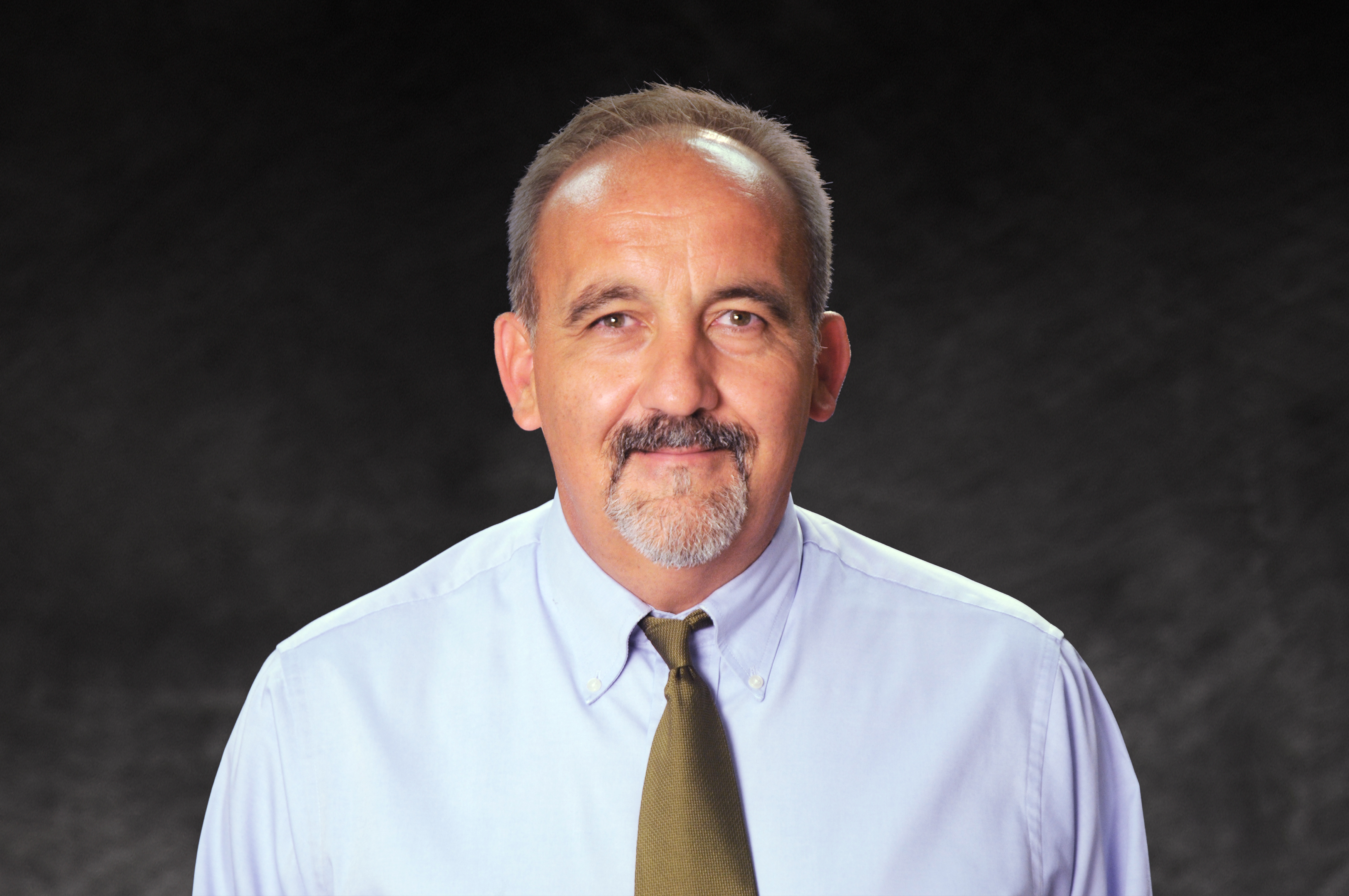
Over the last five years, RISD has seen enrollment grow by more than 3,800 students, making it the second fastest-growing school district in North Texas, behind Frisco ISD. That growth prompted construction at seven different campuses last year— all of it funded without an additional bond referendum or borrowing money.
“We were able to do this by setting aside capital project funds to accommodate this growth,” says Harkleroad, who serves as the district’s deputy superintendent of finance and support services. “We want to address these types of challenges by being proactive.”
Harkleroad, who joined RISD in 1992 as an internal auditor, has created a financial structure that has exceeded standards in the education sector, giving the district enviable bond ratings even by corporate standards. The district is one of only four in Texas that has top-notch stand-alone bond ratings, including an Aa1 rating from Moody’s and an AA+ rating from Standard & Poor’s.
Meanwhile, RISD has opted not to dip into its fund balance to support recurring expenses, as many school districts have. Harkleroad says the district also adopted a conservative approach to debt, committing to pay down much faster than most districts, while still maintaining strong reserves.
Outstanding Chief Accounting officer, controller, or treasurer, public company
Andy Atalis
Lincoln Property Co.
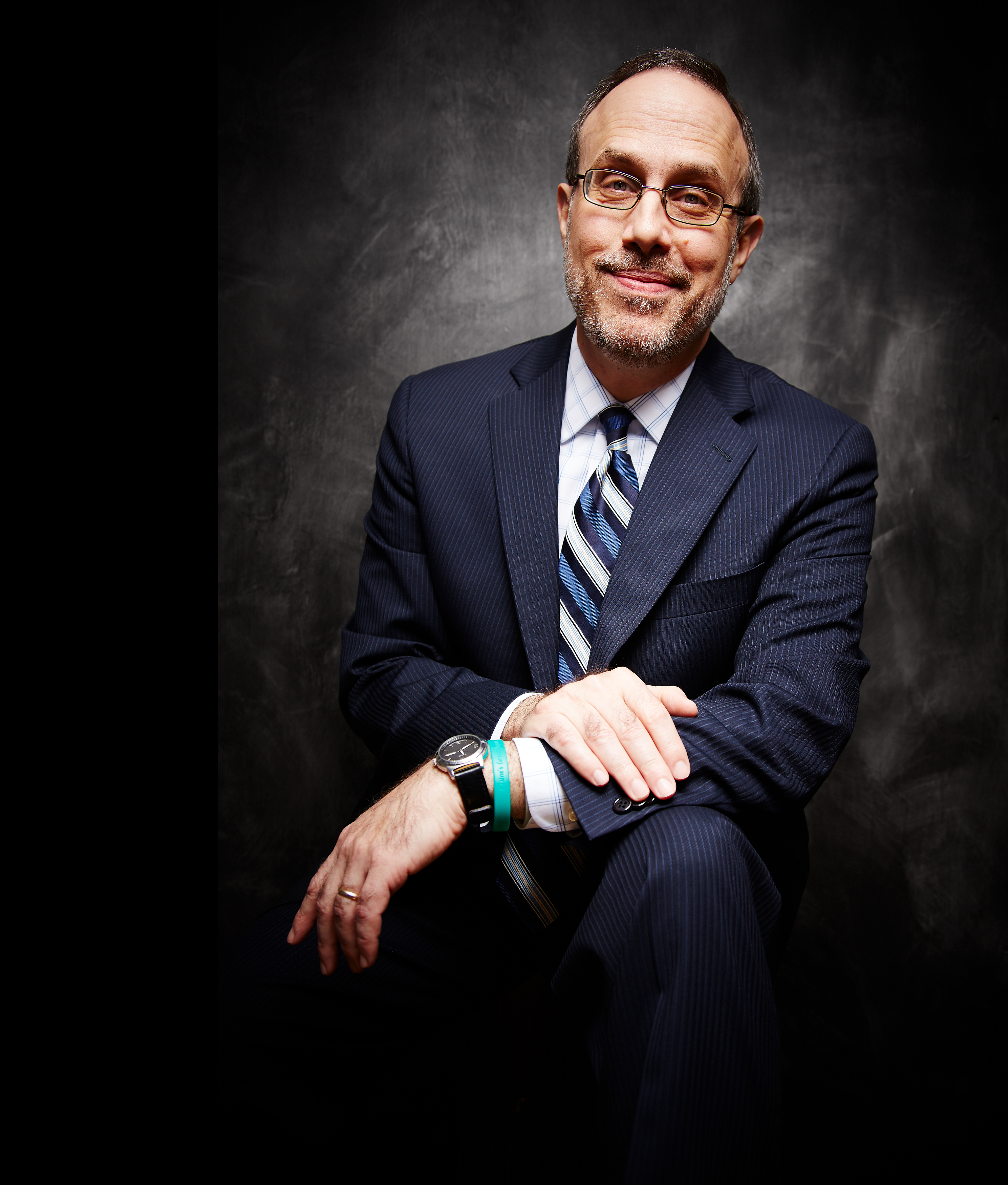
Although technological changes have helped propel Lincoln Property Co. to the forefront of the multifamily industry, technology is not always Andy Atalis’ friend.
As chief accounting officer of the residential division of Dallas-based LPC, an apartment developer, owner, and manager, Atalis often oversees the implementation of new reporting systems and other technologies. That includes the recent adoption of a new online expense reporting system, which called for re-training employees on the entire process.
“I’m not the typical accounting guy,” Atalis says. “I work a lot with the operations folks to solve things that have anything to do with numbers. So I can be the source of frustration for employees sometimes when we implement new systems. But I try to do it in a way that will enable us to be a long-term company and not have to look back on things.”
Atalis, who joined LPC as an assistant division controller, has been with the 50-year-old company for 18 years. And he has been tasked with spearheading a lot of change during that time, taking all of his directives in stride.
These days, about two-thirds of LPC’s properties under management are for third parties, which means adhering to different reporting processes for multiple owners. “If they come to us and say they want it upside down or sideways, we find a way to do it,” Atalis says. “We don’t get to work in just one system. We use multiple reporting standards following multiple deadlines. It can be a huge challenge, but we adapt.”
Finalist:
Tom Pennison, Del Frisco’s
Restaurant Group Inc.
award for excellence in corporate governance
Renée Hornbaker
Stream Energy
After working the previous two years to build up a finance department for Stream Energy, CFO Renée Hornbaker spent a good part of 2014 expanding that department to cover a completely new line of business.
The combination of a challenging regulatory environment and volatile energy prices had prompted the electric retailer to consider expanding into new markets using the same recurring-revenue model with a different product.
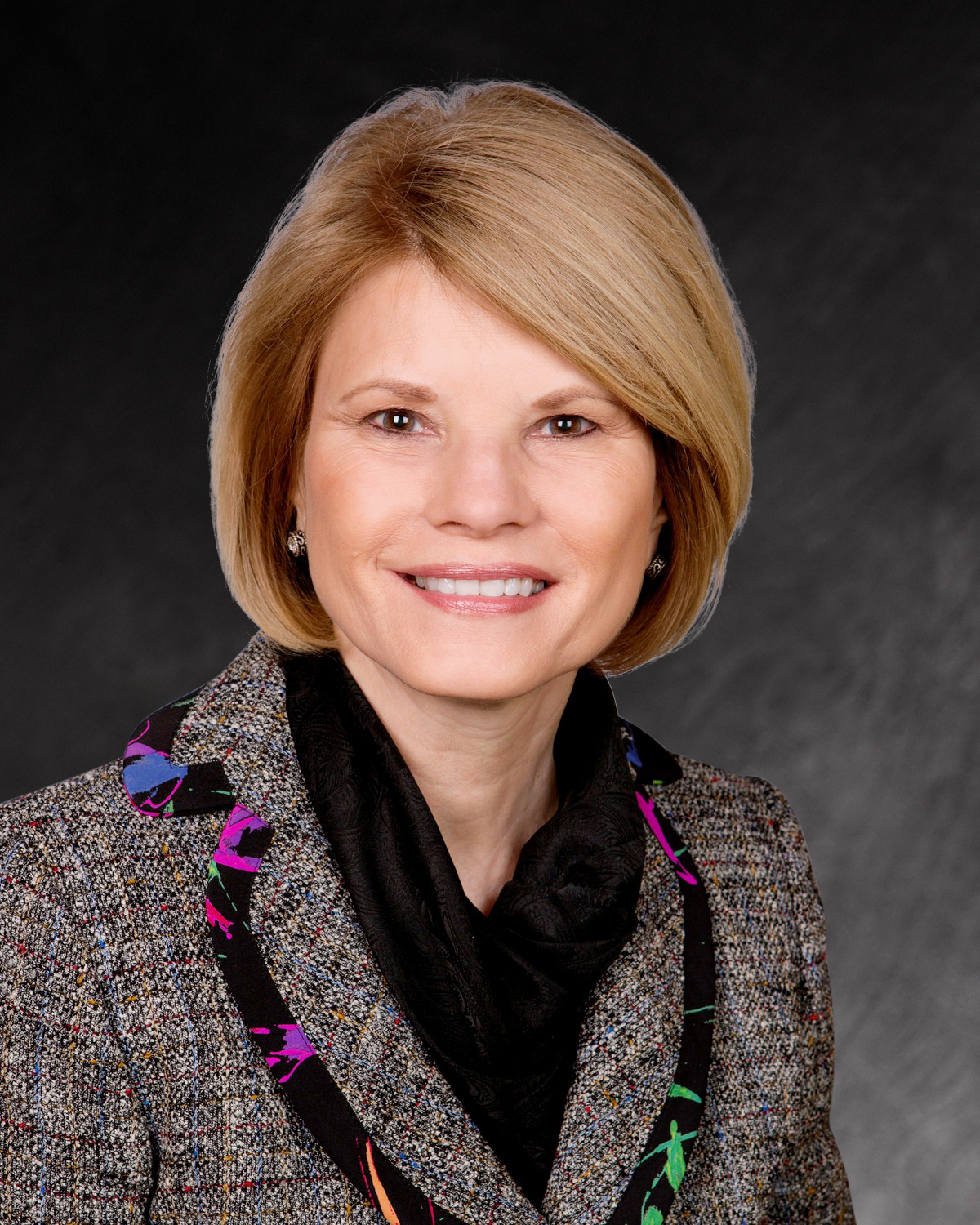
Stream made the decision last May to enter the cellular services market, and Hornbaker got busy. Much of her time was spent fleshing out Stream’s finance function to support the cellular business, which included recruiting a new cellular-focused team, building systems, and establishing a process for cellular services accounting and finance that would mesh with the existing processes for energy revenue.
By November, Stream Energy, which will now be branded as Stream, had launched a beta test with some distributors. In January, Stream began offering cellular services in 48 states, including the six states where it already offered retail electricity.
“It’s a major expansion,” Hornbaker says. “We had been limited in terms of how we could grow, and we felt that there were a lot of analogous functions between the two lines of business.”
Despite the similarities, Hornbaker and her team had to quickly learn the differences—including grasping different sales tax aspects and other technical financial issues. “It was a busy year, but this will allow us to continue to deliver more value as a company,” she says. “Finding a good value proposition was what it was all about.”
Finalist:
Jennifer Chandler, Bank of America
outstanding Chief Accounting officer, controller or treasurer, private company
Martha Ross
Overhead Door Corp.
As controller of Overhead Door Corp., Martha Ross’ job description is a mile long. But she wouldn’t have it any other way.
When Ross stepped into her role in late 2012, she knew that her position would cover corporate accounting, financial reporting, financial planning and analysis, tax, and treasury, as well as the company’s shared services operations, which includes credit and collections and accounts payable for most of Overhead Door’s six divisions.
“One of the reasons I accepted this position is that it is very broad. It’s not your typical controller position,” she says. “For me, that was very positive.”
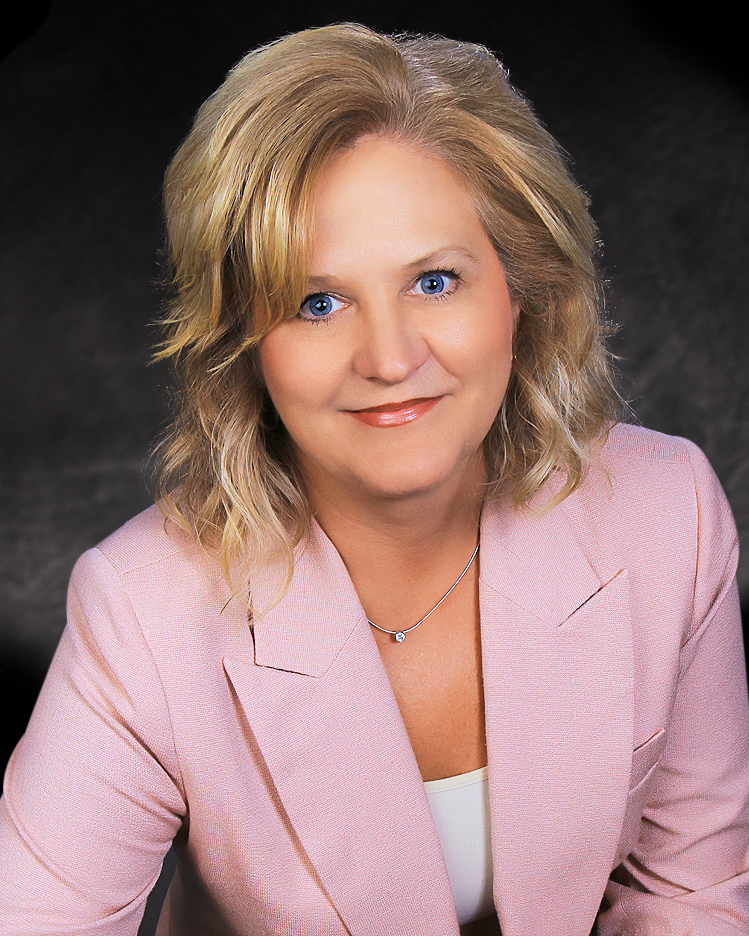
Last year, Ross added to her job duties a year-long project that called for the companywide implementation of Oracle ERP, a task that demanded a large portion of her focus in 2014. With the implementation complete in half of the company’s divisions so far, Ross expects the project to stretch into 2017.
Adding to the challenge was Overhead Door’s decision to not backfill the positions of employees who were pulled into the implementation process.
“It was quite the juggle,” says Ross, who had previously held positions with Travelocity and Hostess Brands.
And, as Overhead Door evolves from primarily a manufacturer of doors to include installation and service, the company has turned its eye toward acquisitions over the last 18 months. Last year it added two small distribution companies to its fold in the wake of the larger acquisition of a Canadian company. Ross says there likely will be more acquisition work in her future as well.
“I know there will be more of those on the horizon,” she says. “You just have to be very organized.”
outstanding Chief Accounting officer, controller or treasurer, private company
Lee Weiner
Advanced Integration Technology
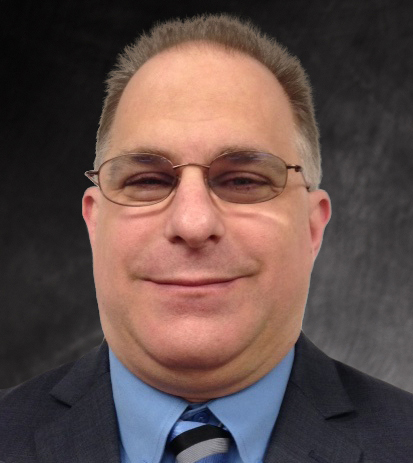
When Lee Weiner joined Advanced Integration Technologies as controller less than two years ago, the company was closing its books quarterly, at best. With AIT eyeing a strategic investment by a publicly traded private equity firm, Weiner knew the company had to do much better than that.
With that goal in mind, he helped lead an effort that has resulted in a close of less than 30 days, a number that continues to shrink.
And, at the end of last year, ONEX Capital made a strategic capital investment in AIT, a provider of turnkey factory automation and aerospace tooling, that has put the company in a position to seek new investments within its own industry.
“I knew that to be successful with an investment group, we had to get our own house in order first,” Weiner says. “If we had someone come and kick the tires and start asking us questions, we weren’t really in a position to answer them. And I knew that would be the end of the conversation.”
So Weiner and AIT’s CFO, who was also newly appointed to his position at the time, got to work, first understanding and getting the company’s financials in order, then building an accounting department. The next step was shrinking the time it took to close the books from three months to 50 to 60 days, and then to 30 days or less, thereby building momentum for the due-diligence process of the capital investment deal.
During that time, Weiner was also tasked with helping get a new parts business in Grand Prairie off the ground and acquiring the strategic assets of a San Antonio-based company. “Between the due diligence, collapsing the close time, and integrating two businesses, it was quite a year,” he says.
Finalist:
Mark Autry, Double Eagle Energy Holdings



